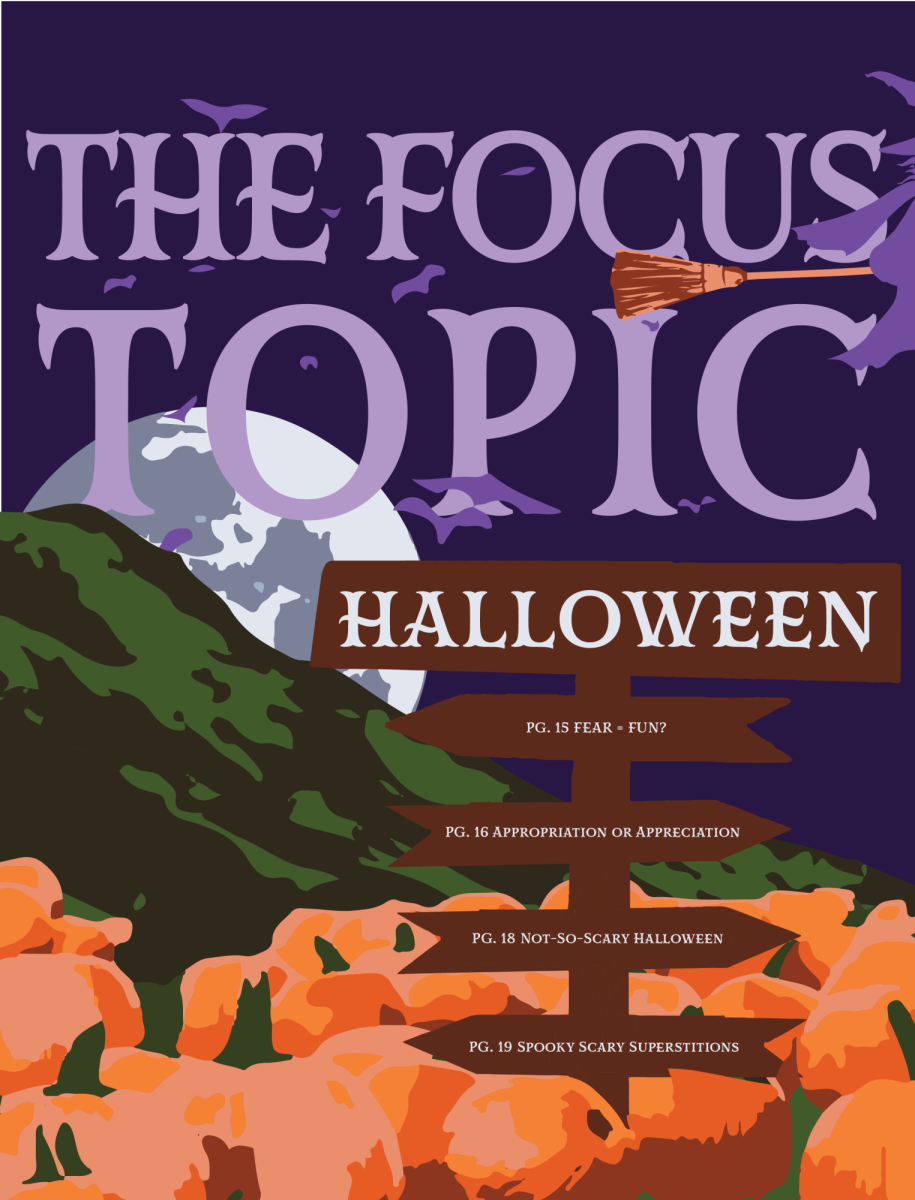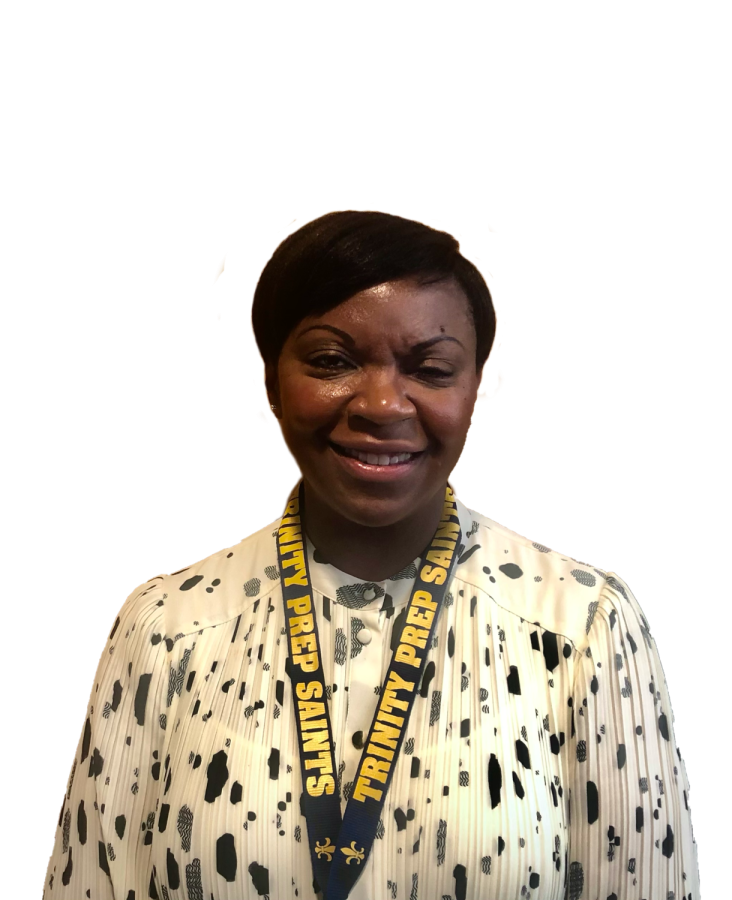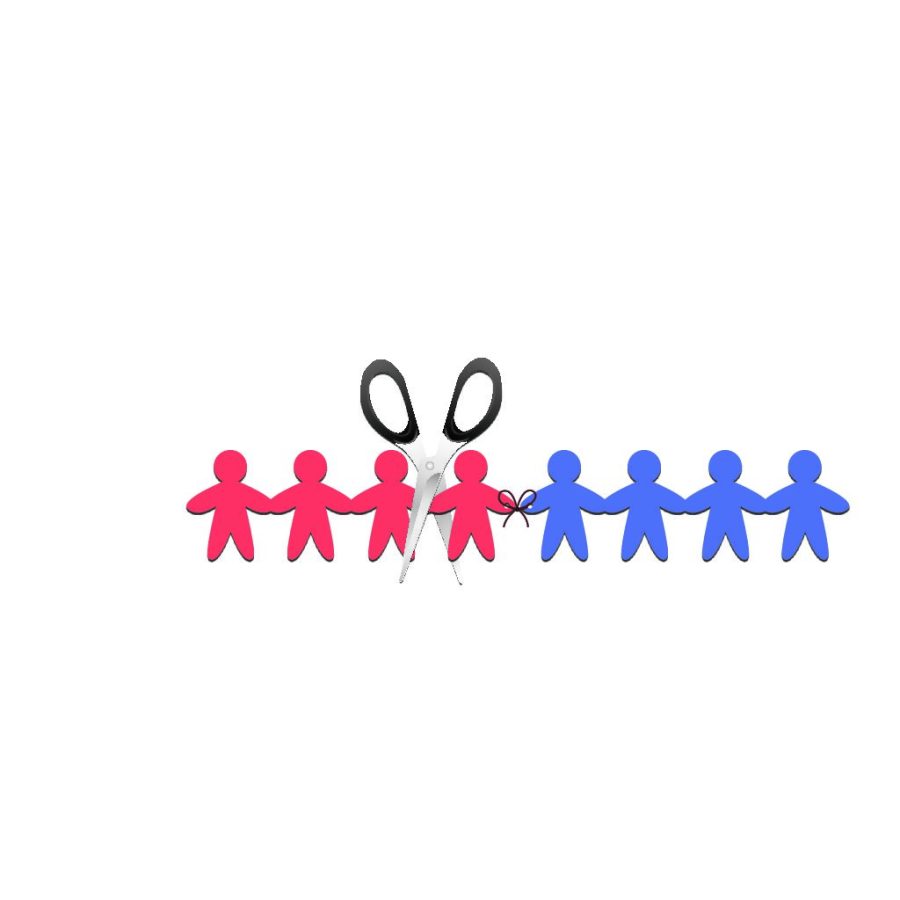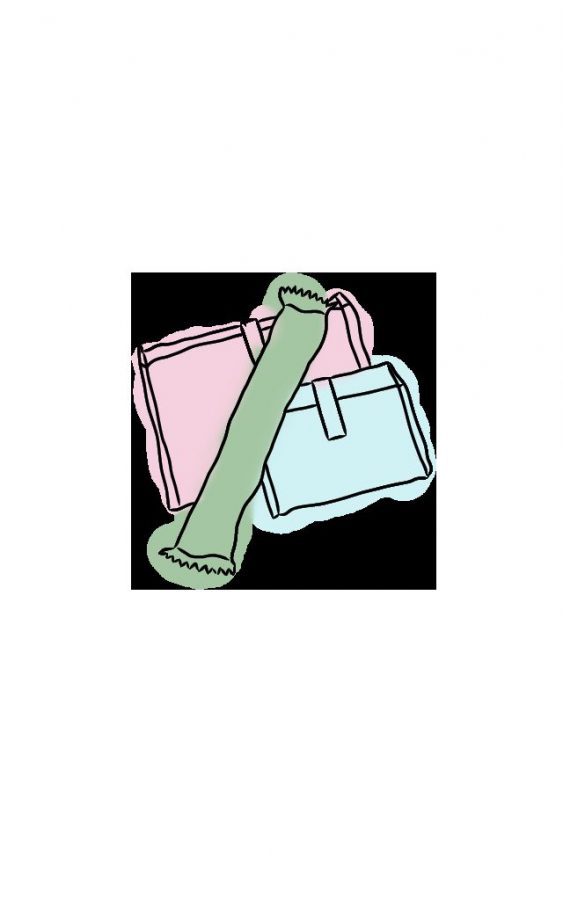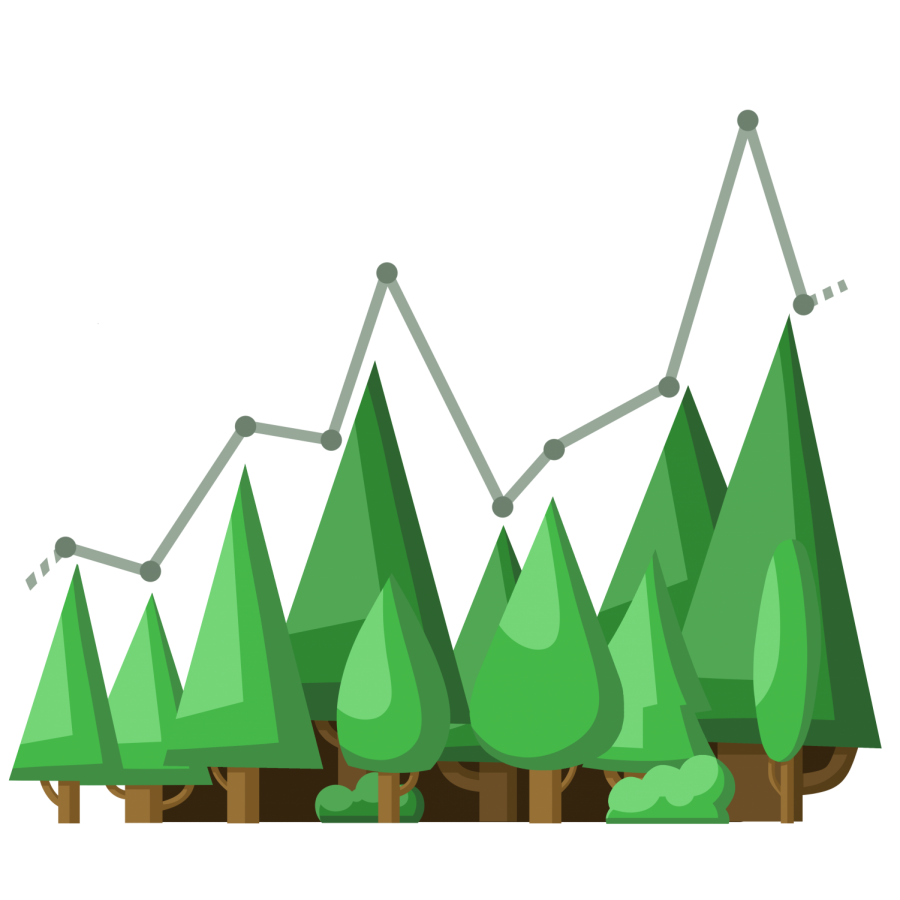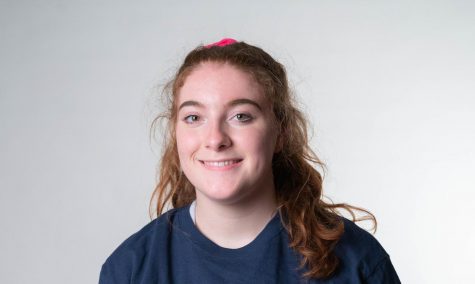It’s an election year and a big one at that. Throughout the race, polling has been close, leaving both parties worried about the outcome. With national and international problems such as COVID-19, a recovering economy urges for police reform, and concerns for environmental change and action plaguing the minds of citizens and leaders alike, voters are left with a hefty decision.
But there are many concerned citizens under 18 that legally can’t vote yet, or worse yet, don’t know who they’d vote for even if they could. People under the age of 18, the legal voting age, don’t always know a lot about the political climate they live in, but they need to educate themselves in order to ensure their own futures in America.
Election day is upon American citizens and results are close and unknown. The media highlights the two major presidential candidates, the Democratic and Republican nominees. However, there are other parties and presidential candidates on the ballot. For the Green Party, Howie Hawkins, and Jo Jorgenson for the Libertarian Party. Trump and Biden are highlighted in the media constantly, but what about Hawkins and Jorgenson? People need to know about these candidates as well, because they may suit the voter better and what they want in a candidate. The Democratic and Republican candidates may not necessarily be exactly what the voter wants in a leader, and these third-party candidates may offer something more closely tailored to the voter’s concerns and needs.
People tend to not know that there are more options, especially those under 18. They may know of the other parties from pop-culture, such as Ron Swanson on Parks and Recreation being a very vocal libertarian, but they don’t actually know that it’s an option for them. They may even agree with the values of these parties more than the mainstream Democrats or Republicans. With the way our presidential elections are set up, it’s very difficult for these minority parties to seize office, and this partly due to this lack of awareness.
Teens need to be aware of their options because they will soon need to make decisions for themselves and their future families. Understanding that there are more options beyond the traditional two parties can help people decide what they want from their candidates. It’s important to know what you want from your leaders, or else you’ll get stuck with a president that doesn’t improve the country for you.
Teens should also try doing their own research, and not just believe and support what they hear at home or school. For teens, it’s dangerous for them to repeat what they hear at school, home, or on social media. The person that speaks the loudest, such as social media influencers or fellow students, about their personal favorite candidate isn’t necessarily right and doesn’t have the same interests or concerns as you. Differences in social classes can affect which candidate is right for you and your family. Someone else’s opinion, even if it is someone you look up to and respect, may not have an opinion that works for your needs.
The media is also biased, showing the best sides of their favorite candidates, and tending to ignore or de-emphasize the problematic sides. In this day and age, it’s hard to get straight facts about a candidate and their campaign. Sources such as Ballotpedia or USNews.com layout unbiased facts that are easy to digest. Kids should form their own opinions by analyzing unbiased facts and deciding what works for them and what they would like to see their country become. What do you want to see changed?
Political awareness for teens under the age of 18 is important because these people are the future of American society. Everyone should understand elections and their candidates. Politics are a series of reactions; these leaders react to our world with the best policies they can. Those that are uninformed can have a narrow opinion or one that’s not fully formed. These fledgling opinions don’t help anyone. Our world is only getting more complicated, and so are politics. If teens don’t have an opinion now, how will they form one by the time they can legally vote? Someone who’s uninformed now and doesn’t take steps to change that will simply remain uninformed. As the slogan of the Washington Post says: democracy dies in darkness.




